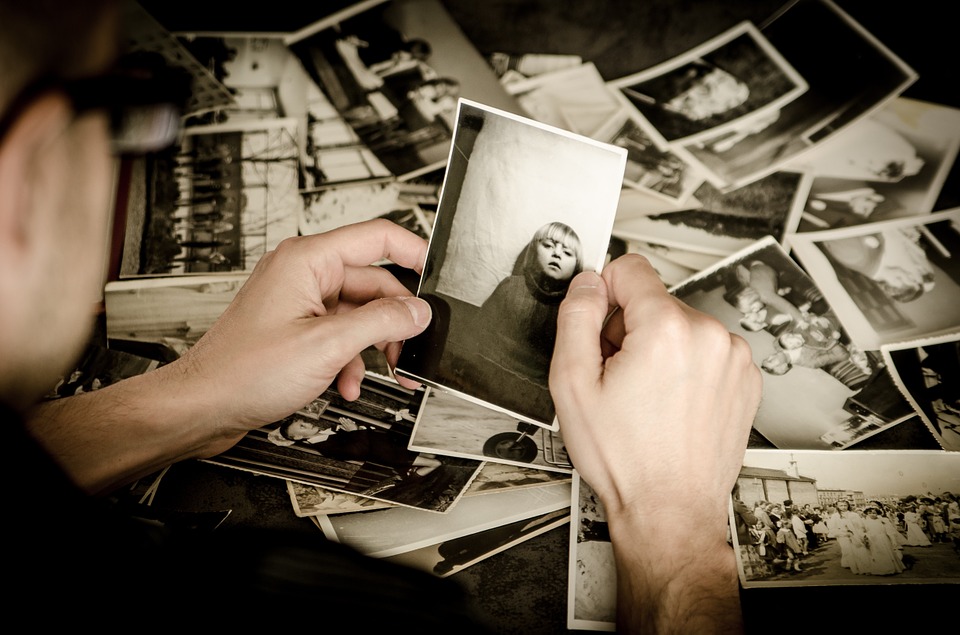Your Questions Answered: “I work with lots of people who are living with dementia. I don’t understand why some people can’t remember what they had for breakfast but can remember things from way back in their past – like their national insurance number. Can you explain this so that I know how to choose the right activities?”
Helen Johns, one of our activity coordinator trainers, answers …
Yes – this can be puzzling. There are some great clinical explanations as to why this happens, but personally, for my work, I find it more useful to use something from the Dementia Friends initiative. It is called The Bookcase Analogy and it explains this situation in a way that we all can understand. You can see it explained in this video.
It is so important to consider, as your starting point, how the person currently perceives the world. This will help you to plan and support activity in a way that is useful to the person.
From the video analogy you will have heard that the most recent memories are not retained (or indeed have not been made) so making reference to an activity that we did yesterday or other similar reference is not helpful for those living with dementia. It is far better to approach every activity as if it is a new experience and explain things from the start.
However, what is very useful is the fact that there may be some long-held memories that have been retained and that can be used. These give us a head start in choosing activities. For example, the memory of how to read can be retained for a long time – that is what makes using certain books successful. Even when a person can no longer retain the information, sometimes the ability to read and enjoy it ‘in the moment’ is enough. Books that have large images and a small amount of words beside them are very useful. (Short articles such as those written in the Daily Sparkles are useful in this scenario.) For some, the rhythm of reading the words out loud is a comfort to them and makes reading an enjoyable activity.

Memories of words and phrases may also be long held. Sayings such as ‘Daft as a brush’ and ‘Wise as an owl’ (similies) or ‘Painting the town red’ and ‘A penny for your thoughts’ (idioms) are often retained, even after their meaning is forgotten. These are great to use in a short quiz. Other memories such as how to wind wool, how to fold fabric, how to dry dishes, are memories that are probably somewhere at the lower shelves of the bookcase and can be used to create meaningful everyday activities that will help people feel they are doing something purposeful.
We all know the strong memories around music and songs. If we think about this in the context of the bookcase analogy – we learnt to sing early on in our lives and songs hold very strong emotional memories. Even when we can’t remember or don’t know the words the ability to hum is still with us.
Much of this you will already know, but if you now consider this in the context of the bookcase analogy you will be able to judge which activities will work for different people on the basis of those longer-held memories. It isn’t an exact science so you will need to know your residents well and be willing to try things out.

Whatever you choose, it is important that you acknowledge the importance of the ‘feelings’ side of any activity. In the bookcase analogy you heard how the facts and details of an event may be forgotten but the feeling will be retained. This is true of any activity/experience that you organise. Therefore remember that it should be enjoyable whatever the outcome (changes of plan etc). Equally, things don’t have to be completed or done exactly the ‘right way’ – they just have to feel good. (For example, I know a lady who used to be an artist. She can no longer paint as she used to, but she gets great joy and comfort from using the Aquapaints (prepared sheets and water) to create the feeling of painting.)
Don’t forget the very important social aspect of an activity, which will be as important as the task – one good way to do this is to invite people who are likely to be of similar cognitive ability and personality to work together, this is the key to creating a harmonious group. And also, remember that the physical environment will be an important factor in creating the ‘right feeling’.
I would suggest you re-watch the Bookcase video several times (and show colleagues) so that you can use this to assist you with planning meaningful activities that help people retain good ‘feelings memories’. Good luck.




